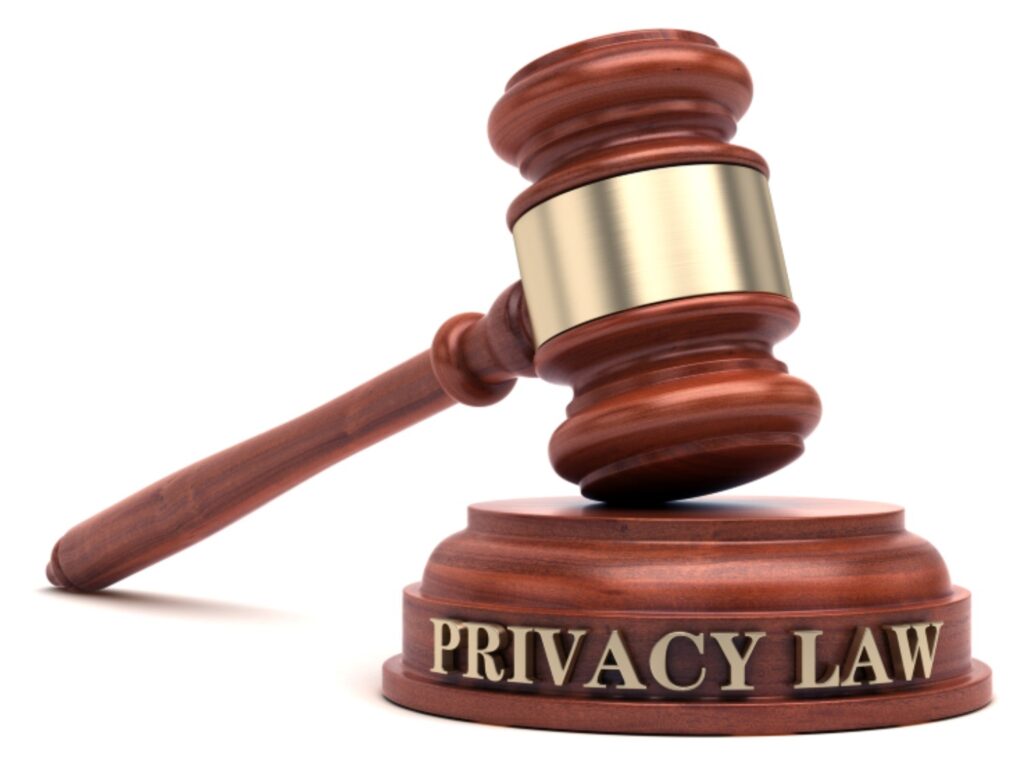Intro
In today’s digital age, businesses are collecting and storing more personal data than ever before. This data can be used for a variety of purposes, including marketing, customer service, and research. However, the collection and use of personal data also raises privacy concerns. This blog post delves into the significance of privacy automation, highlighting how it aids businesses in achieving compliance, maximizing efficiency, and reaping numerous benefits. Furthermore, we provide essential tips for selecting the right privacy automation solution tailored to your organization’s needs.
Privacy automation is a solution that can help businesses to comply with privacy laws and regulations, and to protect the privacy of their customers. Privacy automation uses software to automate tasks related to privacy, such as:
- Managing consent
- Responding to data subject requests
- Conducting privacy impact assessments
- Reporting on privacy compliance
The Importance of Privacy Automation
- Achieving Compliance with Ease: Privacy laws and regulations, such as the GDPR, CCPA, and others, demand strict adherence to data protection standards. Privacy automation streamlines compliance efforts by automating essential tasks like data mapping, consent management, and privacy impact assessments. By centralizing and automating these processes, businesses can efficiently meet regulatory requirements while minimizing the risk of human error.
- Enhancing Data Protection: Privacy automation solutions empower businesses to implement robust data protection measures consistently. Automated workflows ensure that sensitive information is handled securely, reducing the risk of data breaches and unauthorized access. Implementing privacy controls and encryption mechanisms becomes more manageable, allowing organizations to safeguard customer data and maintain trust.
- Boosting Efficiency and Productivity: Manual privacy management processes can be time-consuming and resource-intensive. Privacy automation eliminates repetitive and manual tasks, freeing up valuable time for employees to focus on more strategic initiatives. By automating routine processes like data subject requests and privacy policy updates, businesses can improve overall efficiency, productivity, and employee satisfaction.
- Gaining Customer Trust: In an era marked by privacy concerns, consumers increasingly value businesses that prioritize data protection. Privacy automation demonstrates a commitment to privacy rights, fostering trust and loyalty among customers. By implementing robust privacy measures, businesses can differentiate themselves from competitors and establish themselves as privacy-conscious organizations.
Benefits of Privacy Automation
There are many benefits to using privacy automation, including:
- Increased compliance: Privacy automation can help businesses to comply with privacy laws and regulations by automating tasks such as managing consent and responding to data subject requests.
- Reduced risk: Privacy automation can help to reduce the risk of data breaches by automating tasks such as conducting privacy impact assessments and reporting on privacy compliance.
- Improved efficiency: Privacy automation can help businesses to save time and money by automating tasks that would otherwise be done manually.
- Increased customer trust: Privacy automation can help businesses to build trust with their customers by demonstrating that they are committed to protecting their privacy.
Tips for Choosing the Right Privacy Automation Solution
When choosing a privacy automation solution, there are a few factors to consider, including:
- Assess Your Organization’s Needs: Understand your organization’s privacy management requirements and the specific challenges you face. Identify key areas where automation can bring the most significant impact, such as consent management, data subject rights, or risk assessments.
- Scalability and Flexibility: Ensure the chosen privacy automation solution can adapt to your business’s growth and evolving privacy requirements. It should accommodate various compliance frameworks and allow for customization to align with your unique processes.
- Integration Capabilities: Consider the compatibility of the automation solution with your existing systems, such as customer relationship management (CRM) or data management platforms. Seamless integration enables smooth data flows and enhanced efficiency.
- Security and Compliance Features: Prioritize a solution that emphasizes data security and compliance. Look for features like encryption, access controls, audit trails, and reporting capabilities to maintain a robust privacy framework.
- User-Friendly Interface: Choose a privacy automation solution with an intuitive interface that simplifies the management of privacy-related tasks. User-friendly software ensures that employees across different functions can easily navigate and leverage its capabilities.
- The support offered by the vendor: Make sure that the vendor offers support for the solution. You should be able to get help if you have any problems using the solution.
You also may consider the:
- The features of the solution: Make sure that the solution has the features that you need to meet your privacy compliance requirements.
- The cost of the solution: Privacy automation solutions can range in price from a few hundred dollars to several thousand dollars. Choose a solution that fits your budget.
- The ease of use of the solution: The solution should be easy to use and navigate. You should not have to spend a lot of time learning how to use the solution.
Conclusion
Privacy automation has become a vital tool for businesses seeking to navigate the complex landscape of privacy laws and regulations effectively. By embracing privacy automation, organizations can streamline compliance efforts, enhance data protection, and gain a competitive edge in building customer trust. Carefully selecting a privacy automation solution that aligns with your organization’s needs ensures a smooth transition and unlocks the full potential of automated privacy management. Embrace the power of privacy automation and secure a privacy-centric future for your business.





